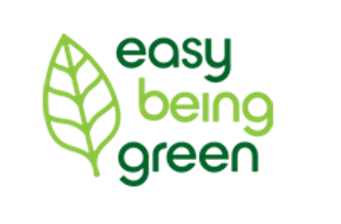5 Million Lightbulbs | 4 Million Tonnes CO2
Easy Being Green
From 2005 to 2007, Ecos Corporation owned Easy Being Green and was transformed from a ambitious but struggling start up, to a very successful business employing over 200 people. This innovative company broke new ground globally using carbon trading to drive mass consumer action on energy efficiency. I served as co-CEO with Founder Nic Frances and together we helped build a team who delivered energy efficient lighting into over 600,000 households. In doing so it achieved 4,300,000 tonnes of CO2 reductions and established domestic energy efficiency as a mainstream consumer and policy priority opportunity in Australia. Easy Being Green’s operations were suspended in November 2007 when the NSW State carbon price collapsed and the company was sold. This also led to the sale of Ecos Corporation because of Easy Being Green related debt.
Although with the collapse of the NSW State carbon price these businesses failed by traditional criteria, they were great successes in social entrepreneurship, dramatically breaking new ground and showing the way for many other businesses to follow. The example of Easy Being Green’s success led to much stronger State and Federal government programs in energy efficiency, including for low income households.
Easy Being Green installed energy- saving equipment like lightbulbs and water saving devices into houses. We had over two hundred mainly young people employed going into thousands of homes every week, saving energy and spreading the message of climate change. We generated and sold carbon credits, reflecting the energy saved, which meant we could provide and install the equipment to house holders for free.
There were many things we learned in the process. One was how incredibly motivated and passionate our people were. We had highly skilled university graduates happily employed changing lightbulbs. It might have appeared to be mundane work, but they knew they were acting every day to slow down climate change and doing so for a business that had a clear and positive social purpose— a purpose that was reflected in the culture every day. Another lesson was just how enormous the opportunities are to take simple, cost- effective actions to scale when good policy rewards business innovation. In a little over a year, this amazing team of people installed more than five million lightbulbs and other equipment that would prevent over four million tons of CO2 pollution from entering the atmosphere— and had fun doing it!


